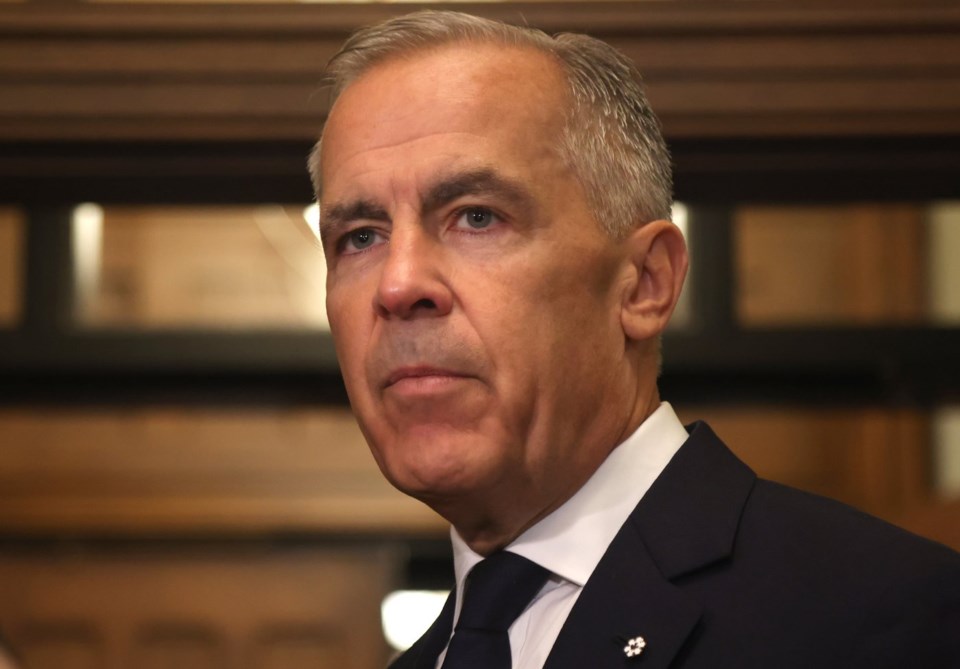OTTAWA — Jobs Minister Patty Hajdu says the federal government is launching a probe into allegations of unpaid work in the airline sector as a work stoppage at Air Canada stretches on.
One of the key complaints from the union representing Air Canada flight attendants is that workers are not paid for duties performed when planes are not in the air.
Hajdu said in an interview with The Canadian Press that she finds those claims "deeply disturbing." She said she has asked the federal labour department if there have been any complaints from the sector about unpaid work, but to her knowledge, there have been none.
The investigation itself will not put an end to labour unrest at Air Canada — it will take "a number of weeks" for Hajdu's department to interview employers and unions to get the full scope of collective agreements in the Canadian airline sector, she said.
If the probe determines those allegations are well-founded, Hajdu said she is prepared to introduce legislation that would close any such loopholes.
"I hope that it's going to give Canadians confidence that if we find instances where work is unpaid, that there will be a remedy, legally or otherwise," she said.
The minister's announcement comes two days after she asked the Canada Industrial Relations Board to impose binding arbitration on Air Canada and the flight attendants' union.
The flight attendants’ union defied that order and remains on the picket line, leaving Air Canada flights grounded for a third day even after the industrial relations board ruled Monday that the strike is unlawful.
Hajdu said the CIRB is "seized with this issue" and that the process could be taken to Federal Court.
Labour leaders have cried foul on the federal government's repeated use of Section 107 of the Labour Code to cut off workers' right to strike and force them into arbitration, as the government has already done in recent years with workers at ports, railways and elsewhere.
Asked whether the federal government made a mistake attempting to impose binding arbitration hours into the flight attendants' strike on Saturday, Hajdu said it was a "very difficult choice."
But she said the parties were at loggerheads with an economic toll looming as flight cancellations began.
"It was a decision made primarily because both parties said that they were at an impasse and that the dispute was intractable, that they could not find a path forward," she said.
The federal Liberal government is not, however, considering recalling Parliament early to impose back-to-work legislation, Hajdu said.
"This dispute is now in the hands primarily of the two parties, to be honest," she said.
The minister called on the parties to come together to get Canadians on their way and put an end to the "economic shock."
She said both Air Canada and the union will have to adjust their expectations to reach an agreement.
"Everybody has to put a little water in their wine in collective agreements and bargaining. Nobody gets exactly what they want," Hajdu said.
Earlier in the day, Prime Minister Mark Carney said he was disappointed the two parties couldn't reach an agreement at the table.
"It was the judgment of both the union and the company that they were at an impasse. That's not my judgment, it's their judgment," Carney said ahead of a meeting with Premier Doug Ford in Ottawa.
Carney said that Ottawa recognizes the "critical role that flight attendants play in keeping Canadians and their families safe as they travel," adding it's "important that they're compensated equitably at all times."
Ford told reporters after the meeting that everyone deserves a fair wage and that the final deal has to be in the best interest of the workers, the company and Canadians.
Asked about the union's decision to initially defy the back-to-work order, Ford said it was up to the federal government to "make sure they sit down at the table."
"That always happens when you have labour issues, but they'll work it out. It's happened before, and they'll get things moving," he said.
— with files from Ian Bickis in Toronto
This report by The Canadian Press was first published Aug. 18, 2025.
Craig Lord, The Canadian Press



